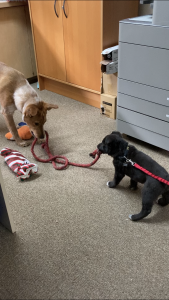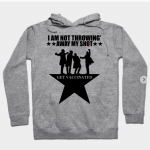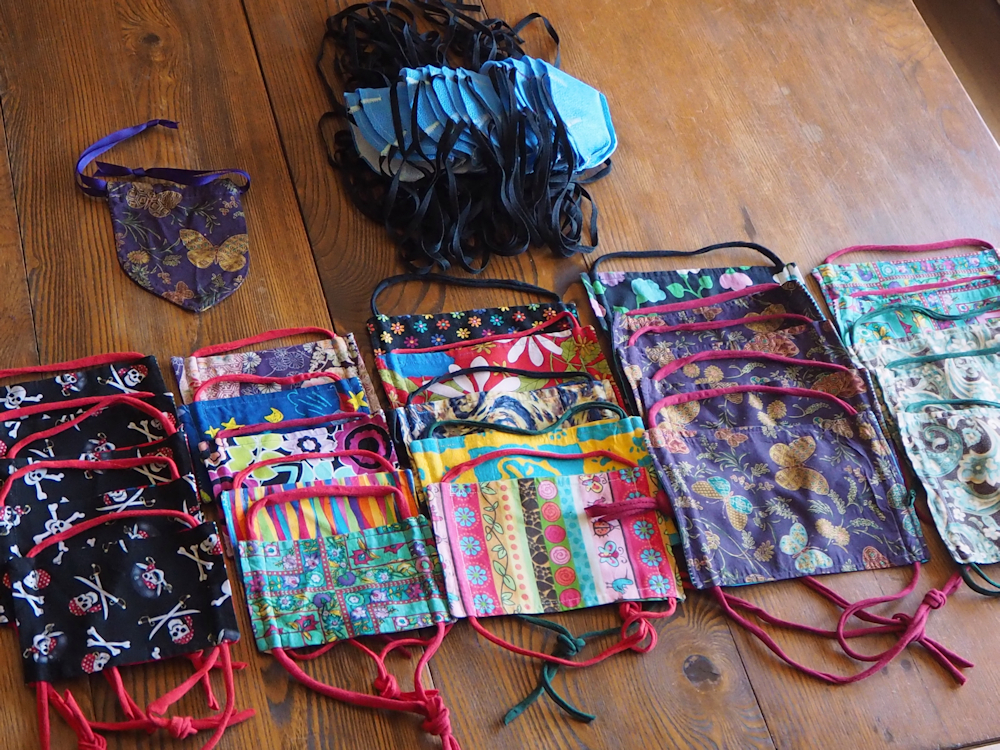This month has been a hell of a year. It would take me all of my space for this post to recount everything that has happened in the past 29 days, and honestly there’s no need, you were there too.
And you know what? I’m taking it personally. I started off the year thinking that this year I would hit all of my deadlines, got everything in early not just on time, got seven hours of sleep every night, and actually made dinner regularly. Oh, and I was also going to have enough time to make myself lunch ahead of time. Raise your hand if you think that lasted more than a week.
I see none of you took that sucker bet.
There’s been a thought in the back of my head, that has moved to the front of my head this week. How long do we give ourselves a free pass, by saying, “well it’s 2020.” Or, the 13th month of 2020. At what point do we know, it’s over, everyone has to get back to being competent again?
OK, whatever level of competence we had before *waves hands* all this started.
The answer is, depressingly, we’re not going to know. Not until we look backward and say, “oh yeah, around X, that’s when things started to get better.” And even then, we’re not going to suddenly discover that our focus has come back, our energy returned, our depressions lifted.
Trauma is never that goddamned considerate, or communicative.
So when I got the call from one of the shelters I volunteer with, asking if I’d be able to take in a six-week-old puppy, part of a litter that had been pulled from a bad situation and needed a fast home, I said, yes. Because hey, if you’re already drowning, why not dive?
This, like so many of my decisions in the past 13 months, was both horrible, and brilliant. Horrible, because six-week-old puppies need constant attention, and by that I mean, you’re up every hour and half, all night, to take them out and encourage them to pee and poo, hopefully but not always on the pad provided for that action. And if not, you clean it up, put them back in their kennel, and try to get 85 minutes of sleep before the next round. And then you do that all day, too, only without the sleep
Brilliant, because there is nothing like holding a small bundle of fur and heartbeat, and knowin g that you are its entire world.
g that you are its entire world.
(okay, me, and Max. Max turned out to be a pawsome big foster-sister.)
But also brilliant, because when I handed him off at the end of his fostering – and took a two hour nap – I suddenly realized that I had so much more energy and time to accomplish things than I’d had just a week before! Suddenly, everything was still painful, but manageable.
Of course it’s a mirage. Shhhhh. Don’t let my brain know.
 Cities are palimpsests. Growing up in New York, I saw constant evidence of this: tear down a building and there would be a painted advertisement from the early 1900s, or the brick outline of an earlier neighboring building. Restaurants that were a feature of my childhood streets are barely a memory now: gone. In New York the only constant, really, was change.
Cities are palimpsests. Growing up in New York, I saw constant evidence of this: tear down a building and there would be a painted advertisement from the early 1900s, or the brick outline of an earlier neighboring building. Restaurants that were a feature of my childhood streets are barely a memory now: gone. In New York the only constant, really, was change.
 Back in April, 2019, I posted a personal rant,
Back in April, 2019, I posted a personal rant, I walk. A lot. For the past six years, I’ve been aiming for a minimum of 10,000 steps a day, which is just under five miles.
I walk. A lot. For the past six years, I’ve been aiming for a minimum of 10,000 steps a day, which is just under five miles.

